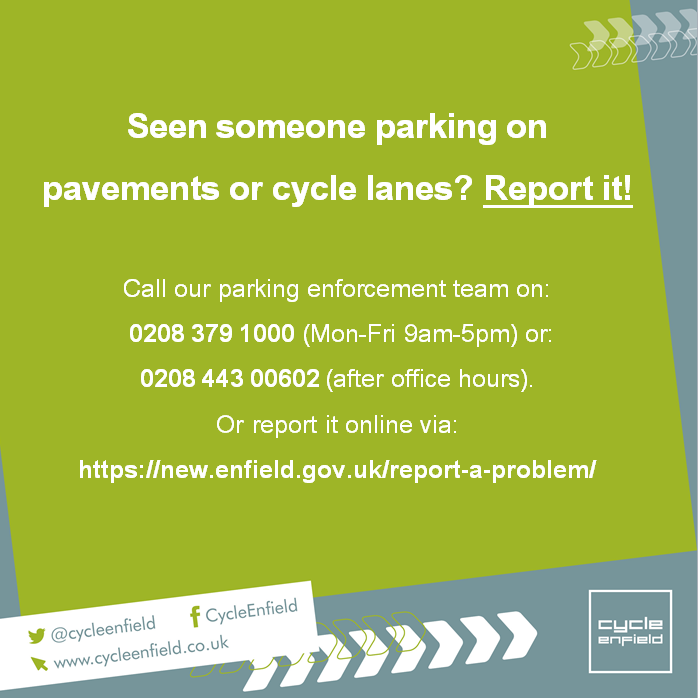Wasn't sure where to place the contribution below, but in its origins and ideas it has something in common with this thread.
There it was on page 4 of the Opinion pages, in ‘The Guardian’, on the 7th March: an article titled “Cars ruin our lives. Within 10 years we must phase them out.” The article was written by George Monbiot, a regular contributor who is regarded by some to be a bit of an environmental firebrand, and the title did sound bit over the top, even to someone like me who rarely drives more than 2000 miles a year.
But it soon became clear that George M. didn’t mean getting rid of all cars, only 90% over the next 10 years. In fact he acknowledged that cars are useful, but suggests that rather than being a good servant they have become masters, spoiling everything they touch. Beginning with poor air quality which kills three times as many people worldwide as Aids, tuberculosis and malaria combined, whilst according to a recent ‘paper’, fossil fuels are the most significant threat to children’s health.
Next he tackles the question of pedestrians killed by cars; killing which since 2009 has risen by 11% (in the US by 51%), apparently due mainly to the advent of sports utility vehicles (SUVs), and using mobile phones whilst driving.
Then he moves on to an issue which has ‘bugged me’ for years, and quite a few other Palmers Green campaigners as well, namely the way purely residential streets have been swept clean of adults greeting, meeting and socializing, and kids playing. In my childhood street boys played cricket on the road using a tin-can for wickets, a soft ball and a penalty for striking the ball into a garden (not that I’m recommending that now). Also I learned to ride a bike there, helped by my friends, and without adult supervision – imagine that now.
And also imagine that adults made friends within the street, and kids in my street walked to infant schools partly along a main road supervised by the ‘big girls’ (about 7 or 8 years old)’ from all of five years old.
The above is only a fraction of George M. wide-ranging argument; I’ve brought it down to a few life-issues which I remember. Finally he summarizes by saying that transport should be planned with social aims and minimizing harm in mind: I quote ”there should be…a wholesale switch towards electric mass transit, safe and separate bike lanes and broad pavements, accompanied by a steady closure of the conditions which allow cars to rampage through our lives.”
Quoting Amsterdam, Pontevedra and Copenhagen he thinks we can almost eliminate cars from our cities. Personally I look forward to that though I won’t live to see it. She and me already get by with less than 2500 kilometres a year by car; the rest is walking, biking, bus and train. Within this year that will drop to less than 2000km.






